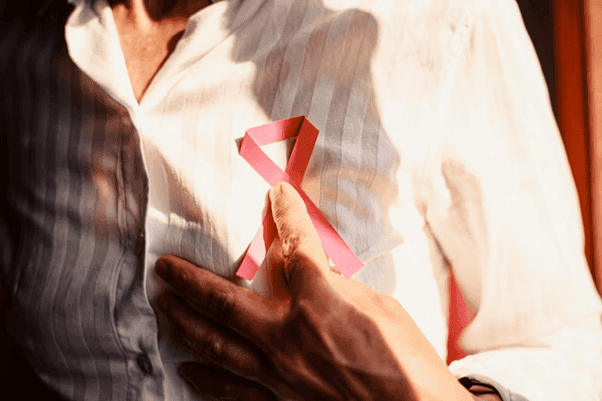Zackie Achmat Returns to Activism as U.S. Cuts Jeopardize South Africa’s HIV Program

On a cold morning in Cape Town, a familiar figure stood among elderly women activists outside a cathedral, Zackie Achmat, once the face of South Africa’s fight for HIV treatment. Linking arms, they crossed the street to confront a public health meeting. The mission: to challenge their government’s silence after a major funding blow to the country’s HIV program.
Achmat, now 63, had stepped back from activism, choosing a quieter life on a pomegranate farm with rescue dogs and Korean dramas. He had left the HIV fight behind, confident that the robust national treatment program born from his earlier battles no longer needed him. That changed in January.
The Shock of U.S. Aid Cuts
The Trump administration slashed foreign assistance programs, including PEPFAR—the U.S. President’s Emergency Plan for AIDS Relief. South Africa, which had received $440 million annually from PEPFAR, saw the funding vanish overnight. Thousands of health workers lost jobs. Clinics closed. One such clinic in Cape Town, where Achmat collected his medication, was gone the next day.
Though South Africa funds most of its HIV care, the abrupt loss of PEPFAR support left a critical gap. The government, echoing old patterns, said little about how it planned to respond.
A Deafening Silence from the Government
Health Minister Dr. Aaron Motsoaledi initially urged the public not to panic. But as weeks passed without detailed action plans, unease grew. Activists, doctors, and researchers pleaded for clarity. Letters were sent. Articles were written. One powerful piece by HIV clinician Dr. François Venter bluntly stated: “South Africa’s H.I.V. programme is collapsing — and our government is absent.”
Dr. Motsoaledi eventually responded, insisting that the program remained stable. He claimed U.S. funding was only 17% of the budget and suggested patients could simply use local clinics. He dismissed critics as being like far-right agitators.
Confronting Parliament Once Again
In May, Achmat and fellow activists from the Treatment Action Campaign (TAC) attended a government meeting on tobacco policy. Their goal: force a conversation. When Dr. Sibongiseni Dhlomo, a senior official, began speaking, Achmat stood up and asked why the government had ignored their letter.
“People are dying!” he shouted. “If you had any respect, you must listen to us.”
Chaos followed. Activists raised their fists and chanted “Amandla!” Security escorted them out. Achmat, trembling with fury, was thrown back into the same fight he had waged 25 years ago.
From HIV Activist to National Icon
Achmat had once refused lifesaving medication until it became available to all South Africans. In the early 2000s, TAC forced drug companies to lower prices and sued the government when it refused to act. Even Nelson Mandela supported Achmat’s cause, famously wearing the “H.I.V. positive” T-shirt.
Their fight helped launch the world’s largest HIV treatment program. Life expectancy in South Africa rose by over a decade. But now, with U.S. support gone and government silence looming, the old battle feels painfully new again.
And so, Achmat’s retirement ends, not with rest, but with resistance.
Business News
Best Link Building Service Explained: Features, Strategies, and SEO Insights
The Science of A/B Testing: How Small Tweaks Create Big Wins in Marketing
Why Primary Care Doctors Are Embracing Telemedicine and Digital Health Tools
Smooth Onboarding Practices for Remote Professionals Abroad
Miami Cancels Task Force to Probe Business Ties to Cuba




















